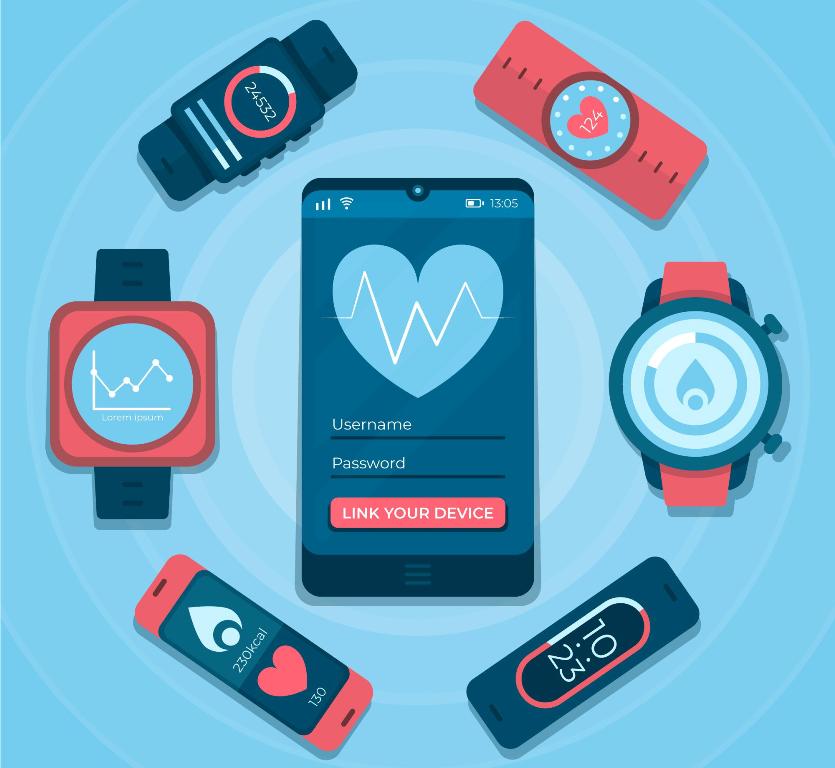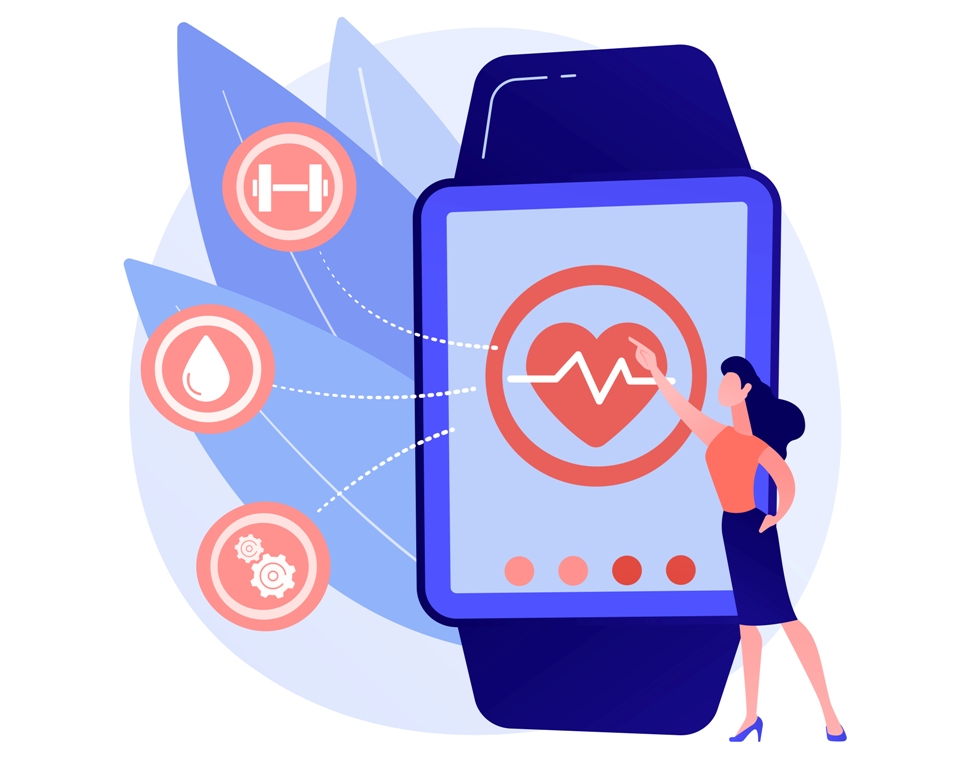In the fast-paced world of healthcare, efficient asset management is crucial for smooth operations. Healthcare asset tracking ensures that medical equipment, supplies, and critical resources are easily located, reducing delays and improving patient care. Hospitals and clinics can enhance productivity, minimize losses, and optimize workflow with modern tracking solutions.
What is Healthcare Asset Tracking?
It is monitoring medical equipment, supplies, and other assets in real-time using advanced technologies like RFID, IoT sensors, GPS, and barcoding.
It helps hospitals track valuable resources such as wheelchairs, ventilators, infusion pumps, and surgical instruments to prevent misplacement and ensure quick access when needed.

Benefits of Healthcare Asset Tracking
- Improved Efficiency – Reduces time spent searching for equipment, allowing staff to focus on patient care.
- Cost Savings – Minimizes asset loss and unnecessary purchases by keeping track of existing inventory.
- Real-Time Monitoring – Ensures medical devices and equipment are always available and in working condition.
- Enhanced Patient Safety – Tracks sterilization and maintenance schedules to maintain hygiene standards.
- Optimized Workflow – Helps hospitals manage inventory, reducing delays in surgeries and treatments.
Key Technologies Used in Healthcare Asset Tracking
- RFID (Radio-Frequency Identification): Allows automated tracking of assets without direct line-of-sight.
- IoT (Internet of Things) Sensors: Provides real-time location and condition monitoring.
- Barcode Scanning: A cost-effective solution for tracking inventory and medical supplies.
- GPS Tracking: Helps track mobile assets like ambulances and emergency response vehicles.
Applications
- Hospital Equipment Management: Ensures critical devices are always available.
- Pharmaceutical Inventory Tracking: Monitors medicine stock levels and expiry dates.
- Patient Tracking: Enhances safety by tracking patient movement in hospitals.
- Ambulance Fleet Management: Optimizes emergency response times by monitoring vehicle locations.

Future Trends in Healthcare Asset Tracking
- AI-Powered Analytics: Predicts equipment usage patterns for better resource allocation.
- Cloud-Based Tracking Systems: Provides remote access to asset data across multiple locations.
- Automated Alerts & Maintenance Scheduling: Ensures timely servicing of medical equipment.
- Blockchain for Security: Enhances data security and prevents tampering of tracking records.
Conclusion
Healthcare asset tracking is transforming hospital management by reducing costs, increasing efficiency, and improving patient care. By adopting advanced tracking technologies, healthcare facilities can streamline operations, prevent asset misplacement, and enhance overall productivity.
Start Smart® with Healthcare Asset Tracking – Smarter Hospitals, Better Care!

